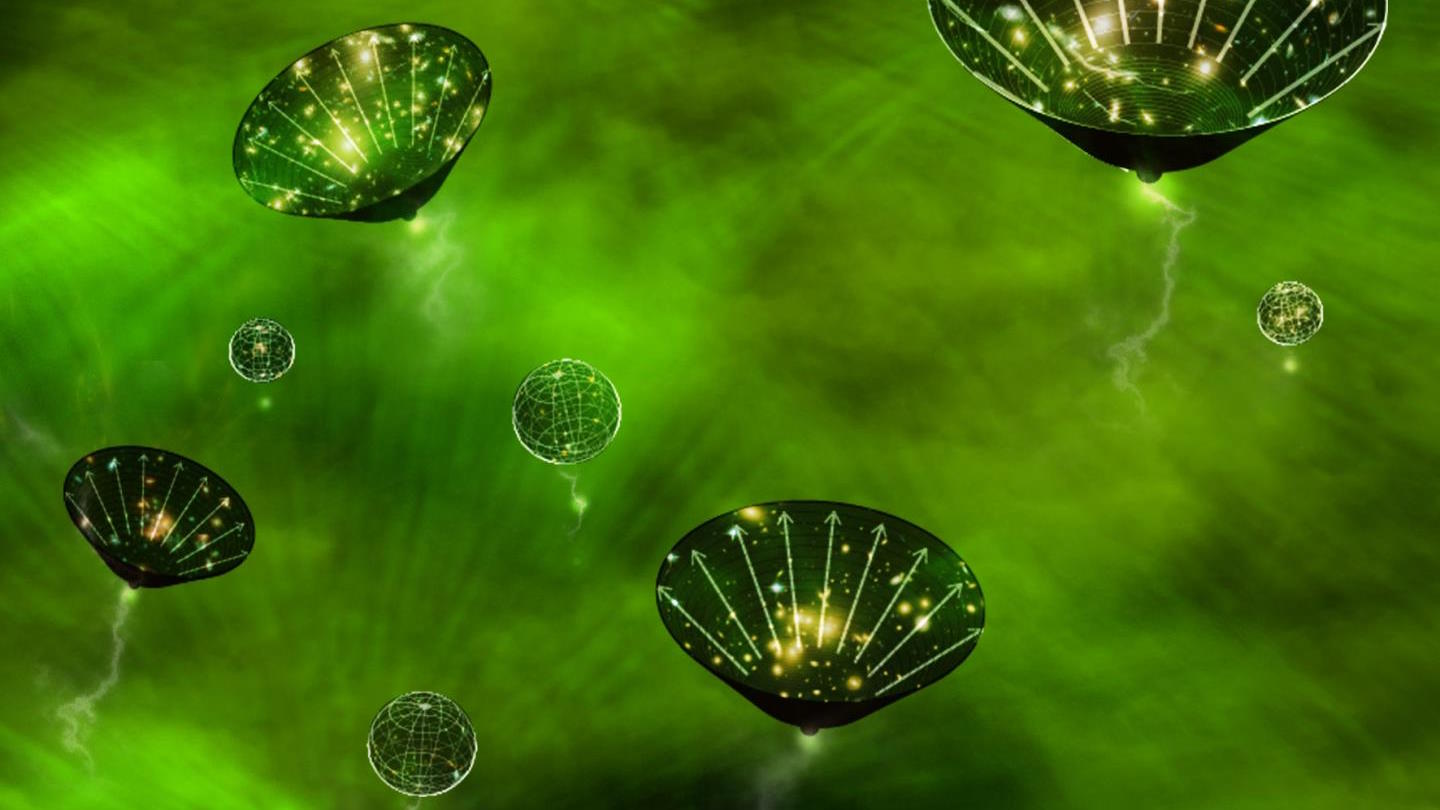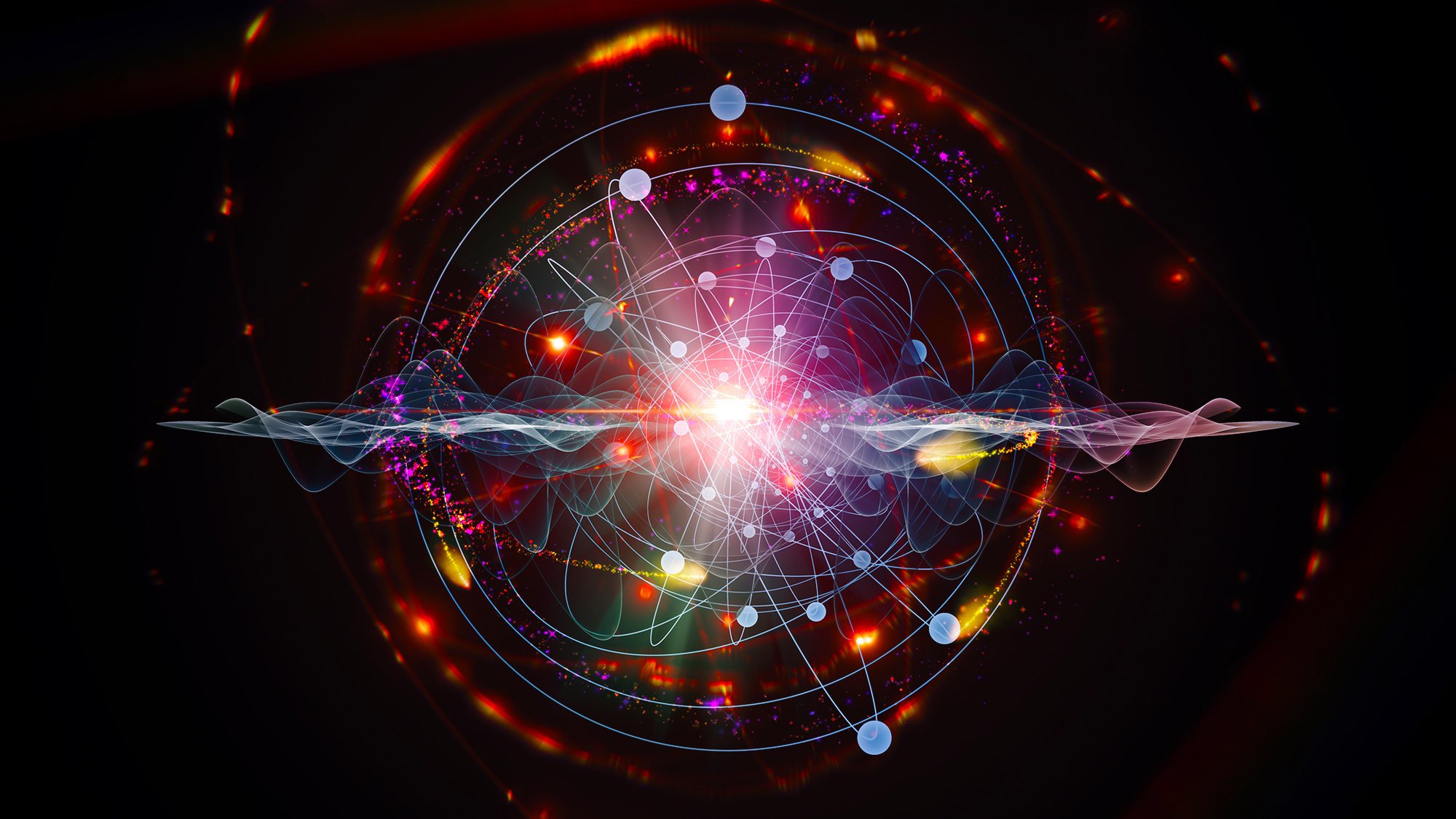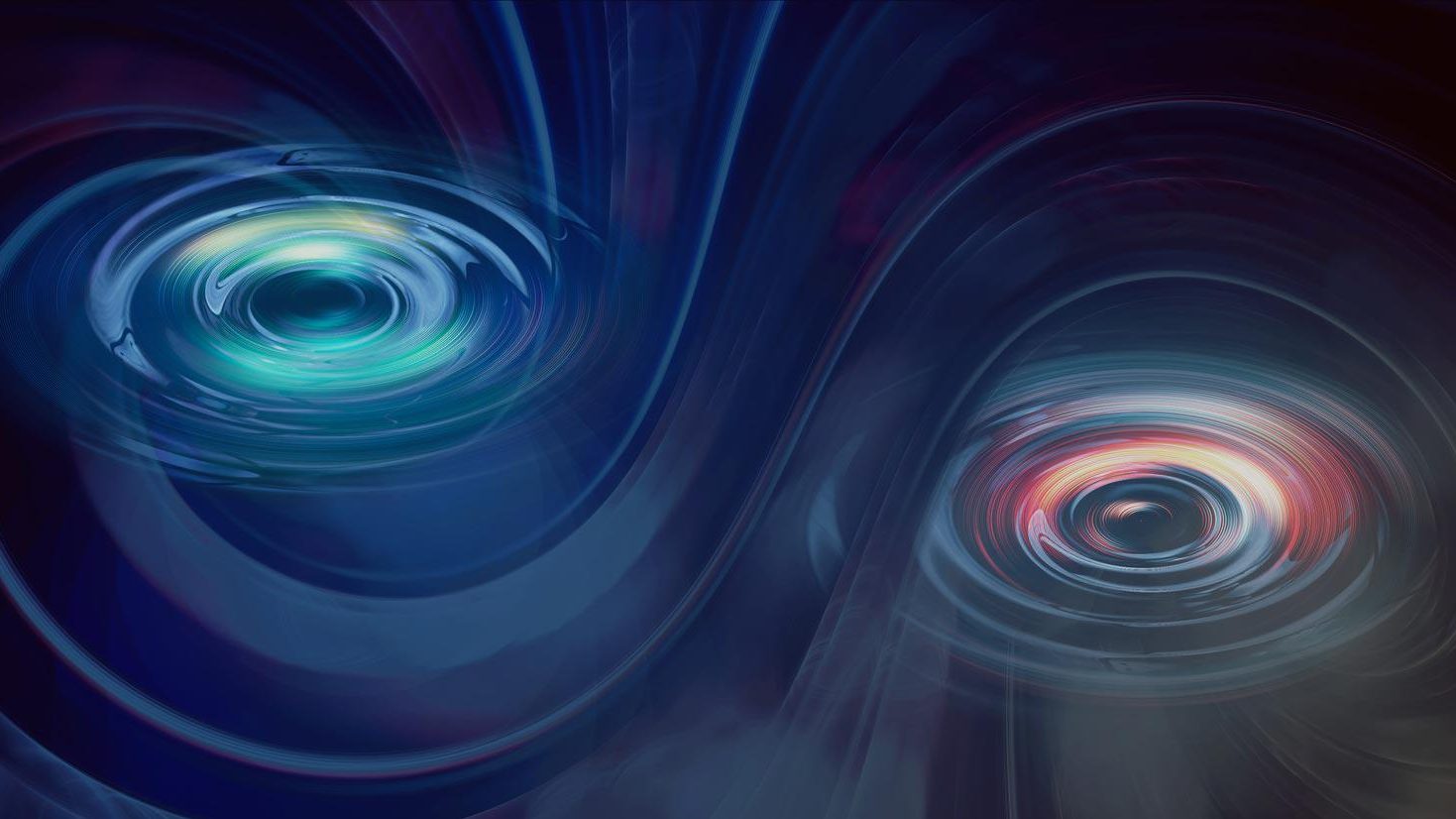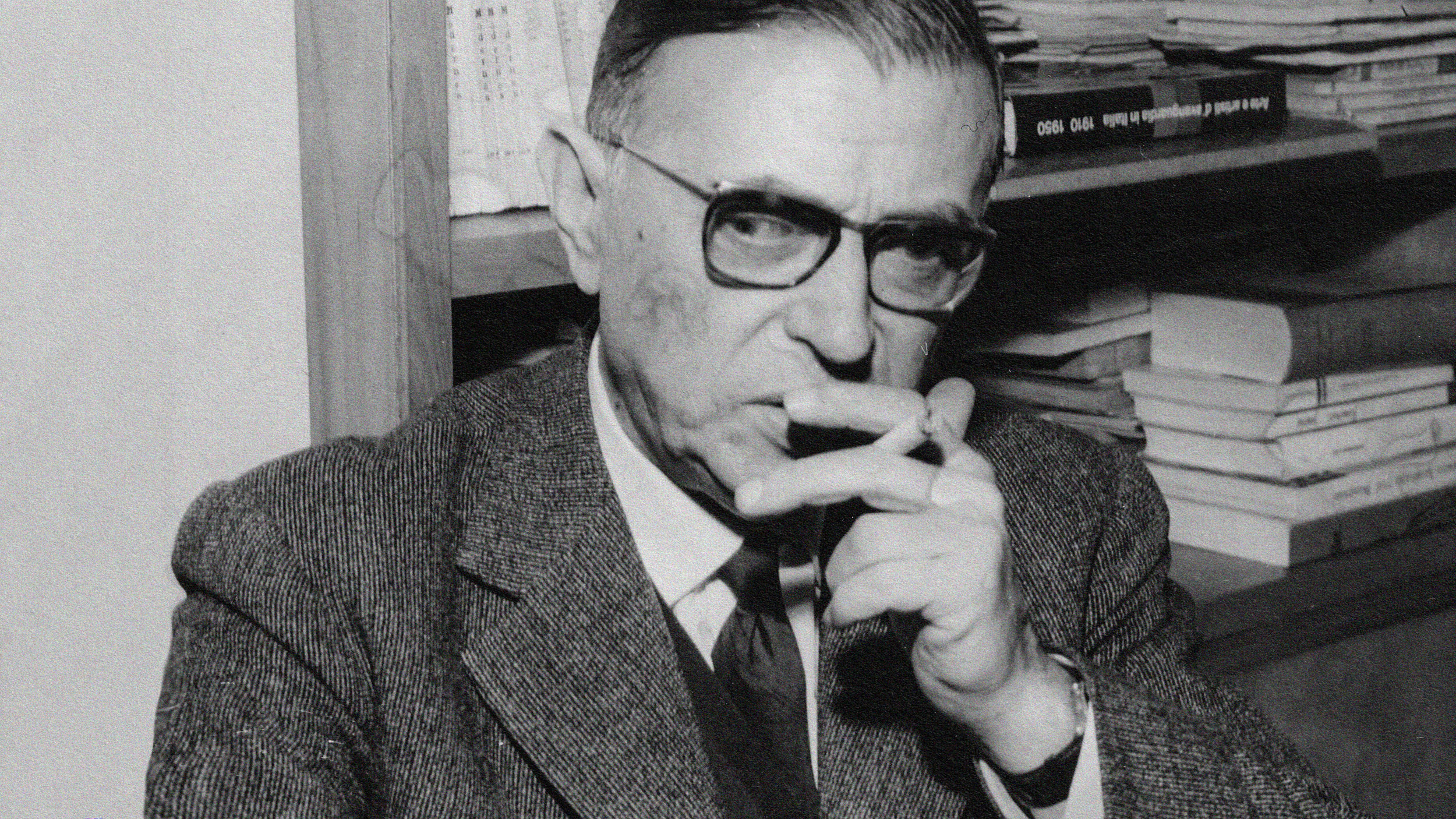Rutger Bregman’s “Moral Ambition” wants us to aim our careers not at money but solving the world’s biggest problems.
The long-elusive neutrino was shown to have a bizarre property no one expected: mass. New, tightest-ever limits have profound implications.
A comparison of wealth gaps in ancient empires reveals stark differences and lasting consequences.
What made Leonardo da Vinci last wasn’t magic — it was process — and his study of fluids can help us win the long game.
The Gospels aren’t historical biographies but genre-defining works that blend myth, theology, and a promise of hope.
Creative thinkers are unafraid of the ambiguous spaces where innovation often resides — and this trait is vital when navigating change.
Many were hoping that JWST would find the first stars of all. Despite many hopeful claims, it hasn’t, and probably can’t. Here’s how we can.
What’s the point in fighting a made up monster?
Here in our Universe, time passes at a fixed rate for all observers: one second-per-second. Before the Big Bang, things were very different.
The strange, undulating sound of mathematics.
Experts and Big Think writers recommend their favorite reads for diving deeper into the history and perspectives found in the Book of Books.
Welcome to The Nightcrawler — a weekly newsletter from Eric Markowitz covering tech, innovation, and long-term thinking.
If it weren’t for the intricate rules of quantum physics, we wouldn’t have formed neutral atoms “only” ~380,000 years after the Big Bang.
“It is natural to want to avoid failure. But when we avoid failure, we also avoid discovery and accomplishment.”
A paradigm should be elastic enough to accommodate new data and broad enough to explain the world. For Rupert Sheldake, ours does neither.
The platform is a digital Royal Society for today’s greatest minds — and it could play an essential role in shaping the next civilization.
Coming from just 280 million years after the Big Bang, or 98% of cosmic history ago, this new, massive galaxy is a puzzle, but not a mirage.
Dreams of resurrecting lost species didn’t start in Hollywood or Silicon Valley.
Neuroscience supports the notion that mindfulness and meditation should become essential assets in our workspaces.
If all massive objects emit Hawking radiation, not just black holes alone, then everything is unstable, even the Universe. Can that be true?
The “Doctor Strange” director says mystery shifts your worldview — “not in a metaphorical sense, but in a deeply experiential one.”
The marketing guru outlines the current state of brand-building — and highlights four outstanding opportunities for the immediate future.
There’s an old saying that “what you see is what you get.” When it comes to the Universe, however, there’s often more to the full story.
If you feel like you’re missing out on something bigger, you might be feeling saṃvega.
A thesaurus isn’t for finding fancy words; it’s a resource to help you keep your rhythm.
Welcome to The Nightcrawler — a weekly newsletter from Eric Markowitz covering tech, innovation, and long-term thinking.
“The fear of panic has killed more people than most disasters themselves.”
▸
19 min
—
with
The surface and atmosphere is colored by ferric oxides. Beneath a very thin layer, mere millimeters deep in places, it’s not red anymore.
In the tears and laughter of a single life, you find the grief and joy of humanity.
“Nobody expects a computer simulation of a hurricane to generate real wind and real rain,” writes neuroscientist Anil Seth.





























